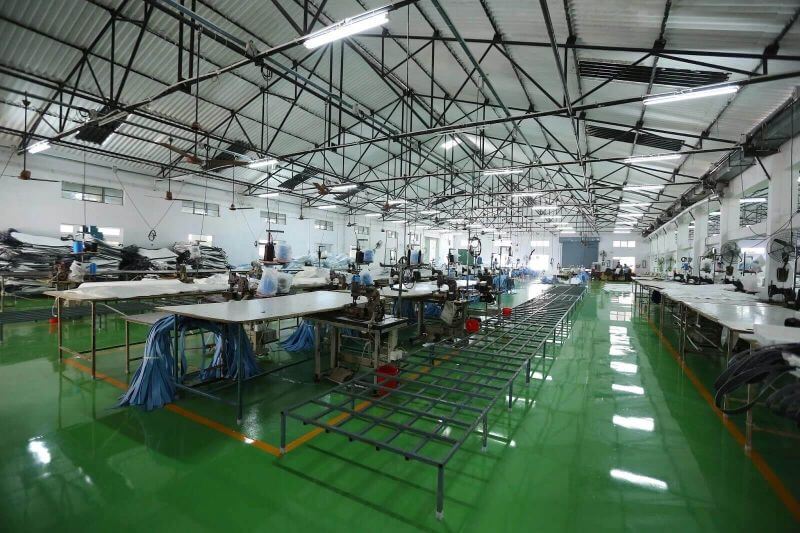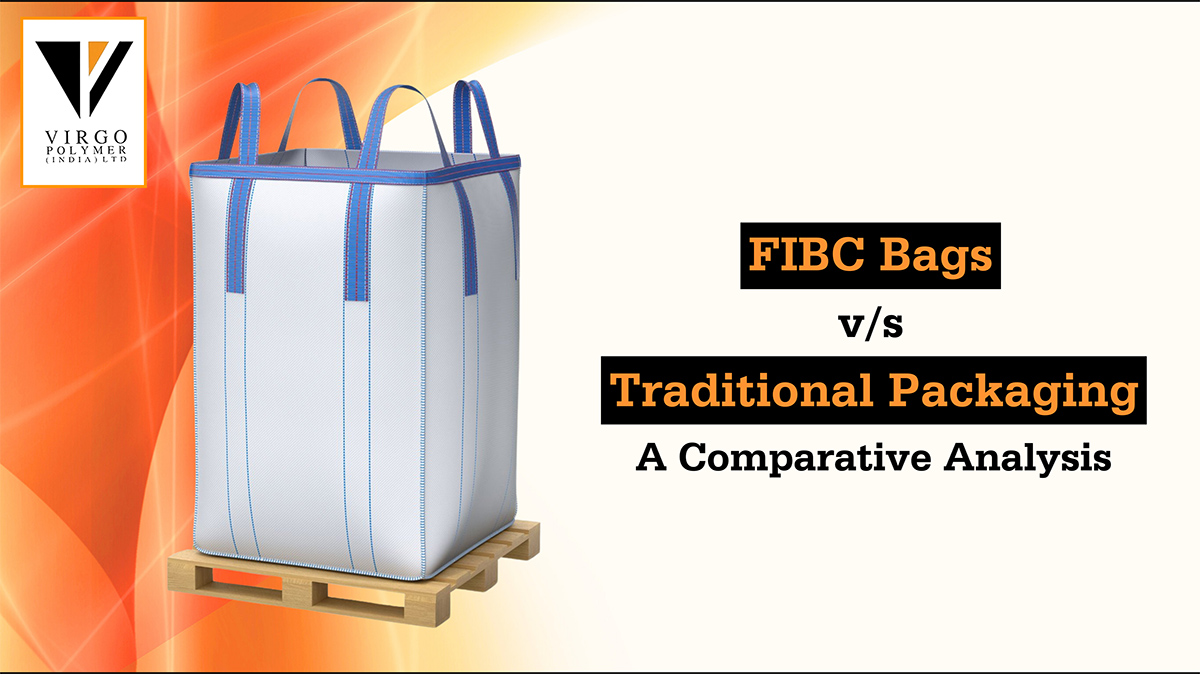



The choice of packaging has a big influence on environmental sustainability, cost, and efficiency in the area of bulk storage and transit. Traditional packaging techniques and bags made of Flexible Intermediate Bulk Containers (FIBC) are two of the main competitors in this market. To assist businesses in making well-informed judgments on their packaging requirements, we will examine the salient features and benefits of each in this comparative analysis.
The Fundamentals: Materials used in traditional packaging often include cardboard boxes, metal drums, and timber crates. These have been the go-to solutions for decades, delivering stability and protection for various commodities throughout transit and storage. Conversely, FIBC bags—also called super sacks or bulk bags—are big, flexible bags composed of woven polypropylene cloth. Their affordability and adaptability have contributed to their recent rise in popularity.
Cost-effectiveness: The cost-effectiveness of FIBC bags over conventional packaging is one of its main benefits. Because of their lightweight construction and often cheaper manufacturing costs, FIBC bags also result in lower shipping costs. Their folding design also lowers storage costs when not in use. On the other hand, conventional packing materials, particularly those composed of metal or wood, are typically more costly and heavier.
Storage and Transportation: FIBC bags excel in terms of efficiency for both storage and transportation. They can consolidate bulk items thanks to their huge capacity, which eliminates the need for numerous smaller containers. Additionally, FIBC bags can be folded and stacked to maximize storage space in warehouses and during transit. Conventional packaging can result in inefficient use of space and more logistical difficulties due to its stiff and frequently large structure.
Environmental Impact: The sustainability of packing materials is an important factor to take into account in this day and age of increased environmental consciousness. FIBC bags are environmentally beneficial and reusable for numerous cycles because they are primarily composed of recyclable polypropylene. When compared to traditional packaging, their minimalistic design also results in less waste output. On the other hand, conventional materials like cardboard, wood, and metal could use more energy during production and present disposal issues.
Durability and Protection: FIBC bags offer strong protection, while that of more conventional packing materials like metal and wood is not far behind. These bags are made to withstand tearing and punctures and can support heavy loads. Certain FIBC bags have extra features, such as coatings and liners, to provide better defence against pollutants and moisture. The particular needs of the commodities being carried or stored will determine which option is best.
Versatility: One of FIBC bags' main advantages is their adaptability. They are appropriate for use in many different industries, including construction, food, chemicals, and agriculture. Because of their versatility and configurable possibilities, they are a top alternative for companies with a wide range of products. While useful for some businesses, traditional packaging techniques could not offer the flexibility required in the fast-paced market of today.
In the argument between FIBC bags and conventional packaging, there isn't a universally applicable solution. The decision is based on the particular requirements and goals of every company. Because of their affordability, sustainability, and adaptability, FIBC bags are a popular choice. But in some situations, especially where robust protection is crucial, conventional packing materials remain viable. Businesses can ultimately choose the packaging solution that best fits their goals by carefully weighing variables including cost, environmental impact, and the type of goods being handled.